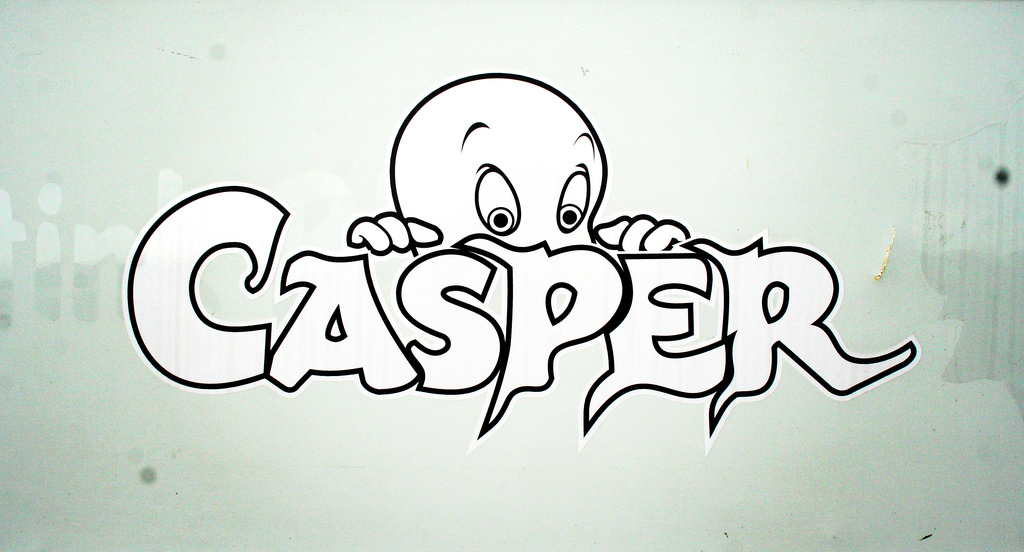A day after my post about ending friendships and not wanting to be “ghosted,” the brilliant Emily wrote a piece offering an opposing viewpoint. I’m reposting it below and coining a new term: Diablog. (might not be new. didn’t bother checking)
I strive to be fair and have open discussions about important things. Like childhood cartoons.
What was Casper’s problem?
He desperately wanted friends, but everyone was scared of him because he was a ghost. I relate to that so deeply. I mean, I wasn’t a ghost, but I also wasn’t seen.
I was a smarty-pants, “bossy” girl, who could pick the game and save the day…but no one liked her.
My sense of self is as intertwined with a desperate desire for friends as Casper’s was. But what constitutes labels like “friend,” “best friend,” “ex-friend,” “un-friend,” or even “ghost,” is a conversation I continue to find fascinatingly relevant. It comes down to Relationship. Are you in one? How do you end one? Is it “better” if both sides participate, even in the ending?
Check it out and leave comments, or join the diablog, make it a triablog (no, that’s just silly), and continue the discussion in your blogsphere!
http://www.emilyrandolphepstein.com/confessions-of-a-ghost/

What do you think?